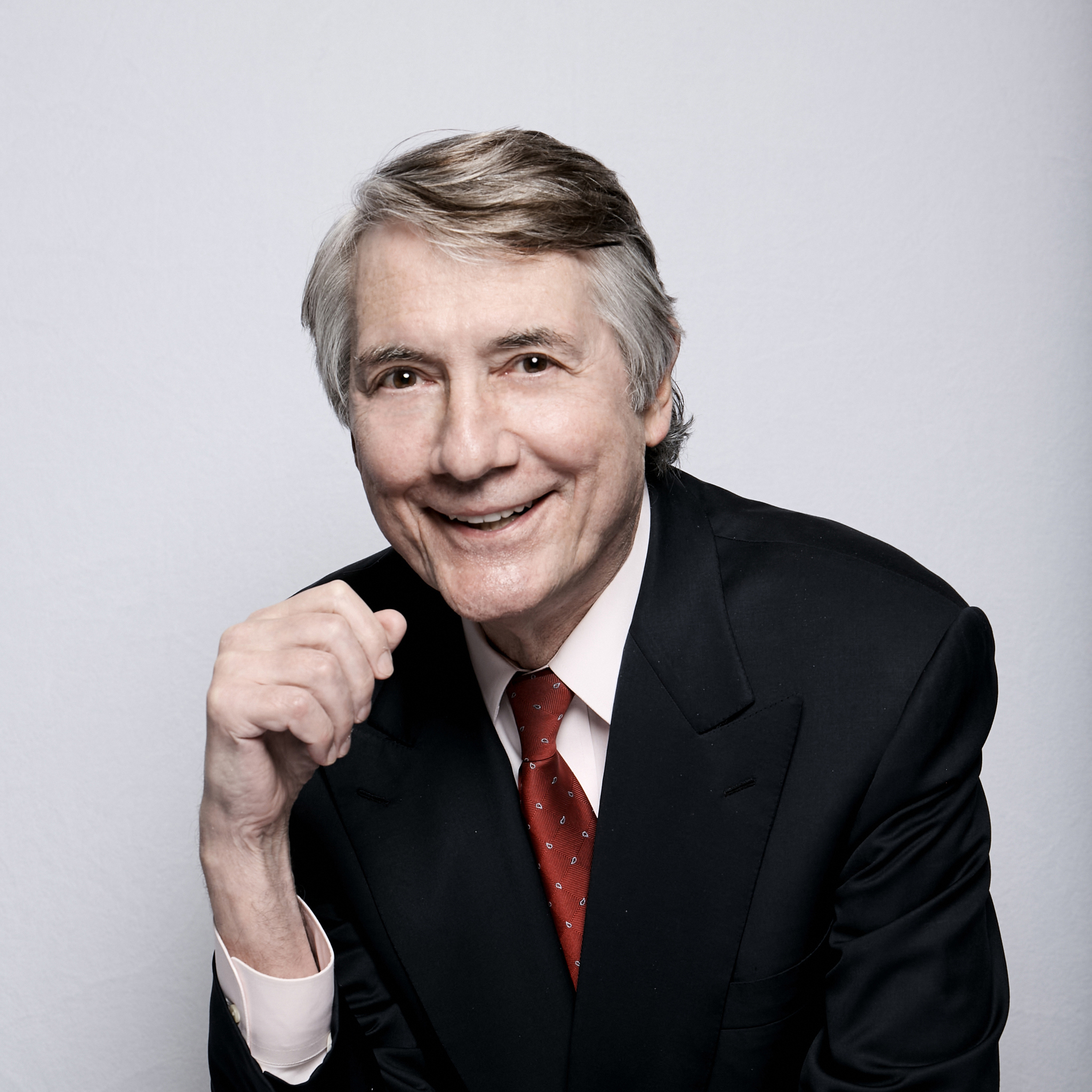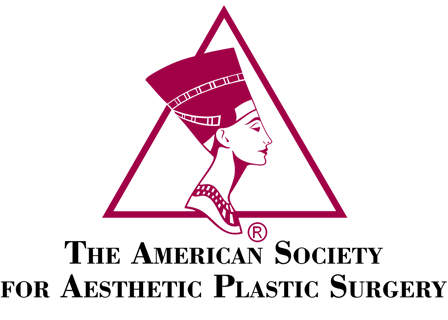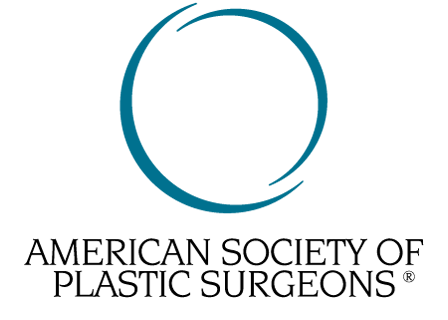Breast augmentation continues to be a highly sought-after cosmetic procedure in the U.S., with 290,000 procedures performed in 2016, according to statistics from the American Society of Plastic Surgeons.* If you’re one of the thousands of women considering breast implant surgery, your concerns may range from asymmetrical or underdeveloped breasts, breasts that have lost volume after pregnancy and breastfeeding, to the recovery time for breast augmentation surgery.
Carefully following your doctor’s orders during breast augmentation surgery recovery is essential to help you avoid complications and ensure you are ultimately satisfied with the results of your breast augmentation procedure.
Choose Your Breast Augmentation Surgeon Wisely
Picking the right surgeon to not only perform your procedure, but guide you through the breast augmentation surgery recovery process, is absolutely essential to getting the ideal outcome.
The first step in finding a good breast augmentation surgeon is to choose someone who has attained board certification. While any medical doctor can perform cosmetic surgery, only surgeons who have completed the rigorous training and testing needed to earn board certification have proven their commitment to the discipline of performing aesthetic surgical procedures.
Next, make sure your surgeon has plenty of experience in performing the breast augmentation procedure. Not all cosmetic surgeons are specialized in sculpting a breast and in choosing the right size of implant for each patient. San Francisco cosmetic surgeon Dr. Michael Kulick has been in practice for more than 20 years, and has chosen breast implant surgery as one of his areas of focus.
What to Expect During Breast Implant Recovery
During the first week after your breast implant surgery, you will need to wear a specially designed bra to minimize swelling and support your breasts as they heal. Be prepared to spend most of your time resting during this time to avoid overstressing yourself. Wait until Dr. Kulick gives you permission to increase your activity level. Most patients are allowed to resume light levels of activity within the first two to three weeks, and choose to wait a week or two before going back to work.
Pain associated with the breast augmentation procedure typically subsides after one to five days, but you may experience soreness, tenderness and swelling for a few weeks. You will notice an immediate difference in your breast size, and as the swelling continues to decrease, your final shape will emerge. Your patient care coordinator will check in with you periodically to ask how you are doing, answer any questions and book your follow-up appointment with Dr. Kulick.
Breast Implant Recovery Tips
With experienced, board-certified breast augmentation surgeon Dr. Kulick keeping track of your progress, you can expect your breast augmentation recovery to go smoothly and quickly. However, your recovery process will depend on several factors, including how prepared you are to fully rest and focus on your needs during the first few days after your breast implant surgery. Keep these tips in mind to ensure a healthy recovery following your breast augmentation.
Choose a Good Caregiver
While breast augmentation surgery recovery is not challenging, keep in mind you will be sore and tired as your body goes through the healing process. Make sure you have someone to drive you home after surgery and check on your needs for at least the first day or two of your breast implant recovery process. If you can, ask your spouse or a trusted friend or family member to stay home with you. If you have young children, you should also arrange to have someone take care of them for the first two to three days following your procedure.
Give Yourself Time to Heal
After surgery, getting plenty of rest is very important. A day or two before you have your procedure, prepare a recovery room with plenty of pillows, and stock up on entertainment. Make sure you have downloaded plenty of books to your e-reader and put lots of movies and TV shows into your binge-watching queue. Listen to your body and sleep when you feel tired. Even if you feel like you can, don’t try to push yourself to do household tasks too soon – you don’t want to have any setbacks in your healing process.
Fill Your Kitchen
Before you leave for your surgery, make sure you have plenty of healthy, easy-to-prepare food on hand. On the first day, the anesthesia may leave you nauseated or feeling like you don’t have much appetite, so take it slowly and start with small meals. Don’t neglect to eat – your body needs plenty of nutrition so it can heal. Also, stay hydrated and drink as much water as you can.
Stay Optimistic
Healing takes place in the mind just as much as it does in the body. As you recover from your surgery, it is important to maintain a positive attitude and healthy outlook. If you have a setback, or if you don’t heal as quickly as you’d like, don’t get overwhelmed with negative feelings. Don’t be afraid to ask family or friends for support if you feel like you need it, and be honest with Dr. Kulick if you are struggling with any issues after your surgery. Remember, he wants a positive outcome just as much as you do.
If you have questions about breast augmentation, contact Dr. Kulick’s San Francisco office to schedule a consultation.
* Source: American Society of Plastic Surgeons’ 2016 Plastic Surgery Statistics Report









